PRESS RELEASE
[ui!] to explore new market of digital Lightning with senior expert Matthias Weis
Berlin/Darmstadt, January 24, 2018. Matthias Weis (43), senior manager at the South-German energy giant ENBW, is going to lead the newly founded Urban Lighting Innovations GmbH (that sounds good for me) seated in Berlin, Germany. As member of the [ui!] group, the new company is heading for market leadership in digitalization of lampposts worldwide. “Leading Urban Lighting Innovations is the logical next step to further capitalize on my experience. We will lead cities and communities into the new age of digital lighting and explore new opportunities for cities, technologically and financially”, said Weis.
[ui!], market leader of integrated smart city solutions, sees the foundation of Urban Lighting Innovations GmbH as an opportunity to bundle its competencies in integrated multifunctional street lighting and expand worldwide. [ui!] already assists customers in the digital transformation of street lighting both nationally and internationally. In March 2016, the first national standard for digital street lightning (DIN SPEC 91347) was developed through a process chaired by Professor Dr. Lutz Heuser, CEO and founder of [ui!]
„Today we made an important move towards the digitalization of our cities. With Urban Lighting Innovations GmbH and its future General Manager Matthias Weis we will strengthen our specialist competencies and offer them to producers and providers of street lightning“, said Heuser.
In upcoming years, more than 45 million street lights in Europe have to be changed or modernized. Three out of four street lamps are more than 25 years old -- a total of 60 million street lights. The old street lights consume too much energy. Worldwide over 73 million street lights have to be changed. But streetlighting will be much more than just light – With streetlighting as an integrated multi-functional street lighting infrastructure cities can create an unique digital infrastructure for the Smart City: from the simple street light to the integrated multi-functional street lighting infrastructure with public WLAN, possible sensors and electric car loading stations. Citizen can benefit from new services based on anonymous data such as improvement of traffic flow, health or environmental information.
About Matthias Weis:
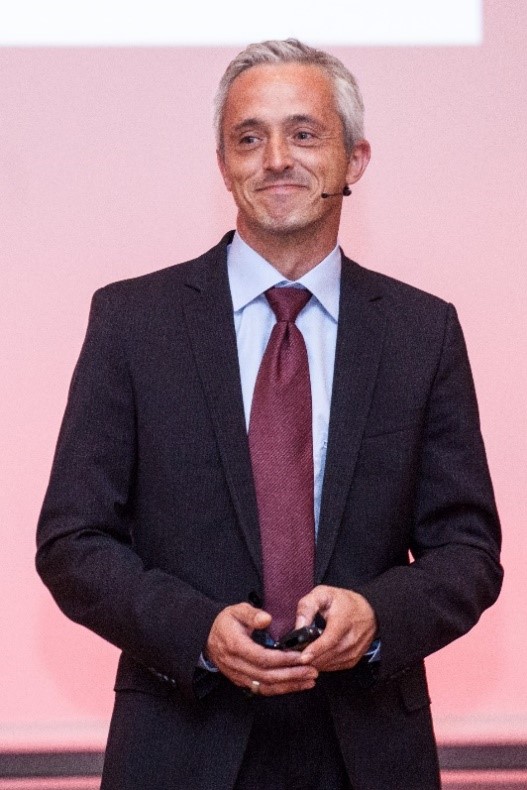 Matthias Weis has more than 25 years experiences in the energy industry and is seen as a highly regarded expert on street lightning. In his role at Energie Baden-Württemberg (ENBW) he managed the development and the go-to-market of a new digital lamppost which opened the promising new business segment of infrastructure for the smart city at ENBW.
Matthias Weis has more than 25 years experiences in the energy industry and is seen as a highly regarded expert on street lightning. In his role at Energie Baden-Württemberg (ENBW) he managed the development and the go-to-market of a new digital lamppost which opened the promising new business segment of infrastructure for the smart city at ENBW.
In 2012, Matthias Weis successfully managed the largest communal installation of sensor controlled street lightning („following light“). The worldwide first climate neutral light point was initiated by Weis. Matthias Weis, a professional electronic engineer for energy plants and business administrator, was recognized as a “Digital Leader” by the Federal Minister of Economy and Technology, Brigitte Zypries, in 2016. One year later, the German national business newspaper Handelsblatt acknowledged Weis as one of the 100 most intelligent people in Germany.




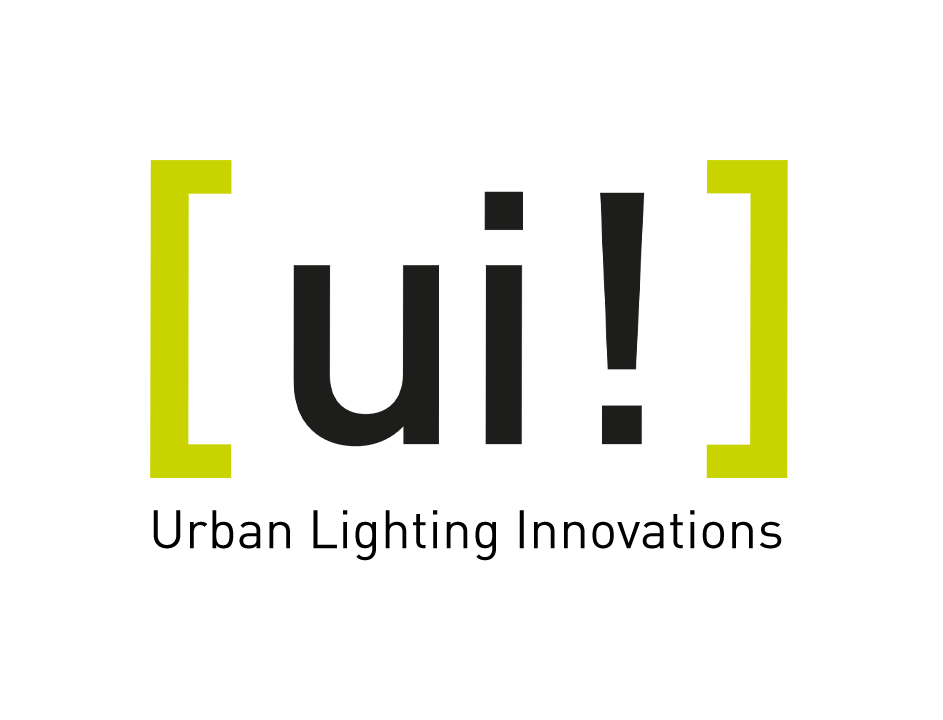
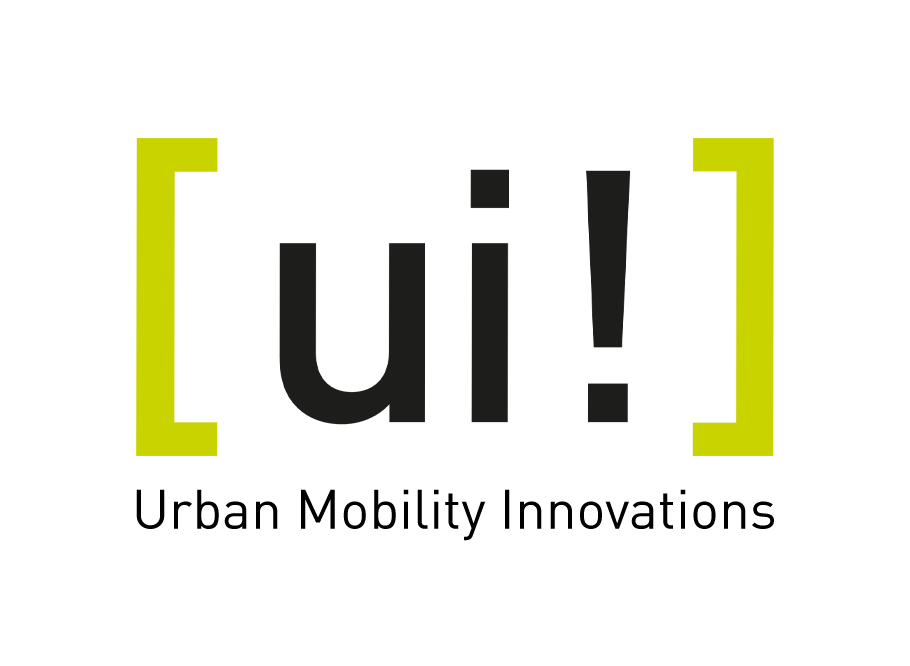
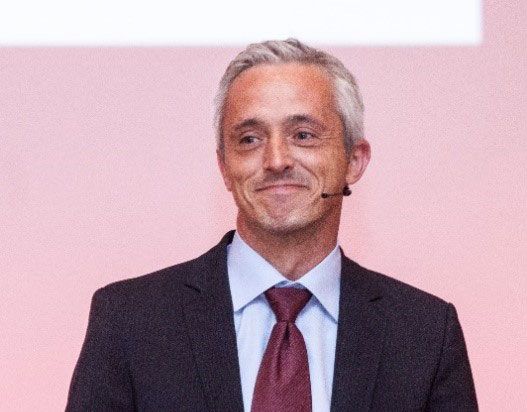

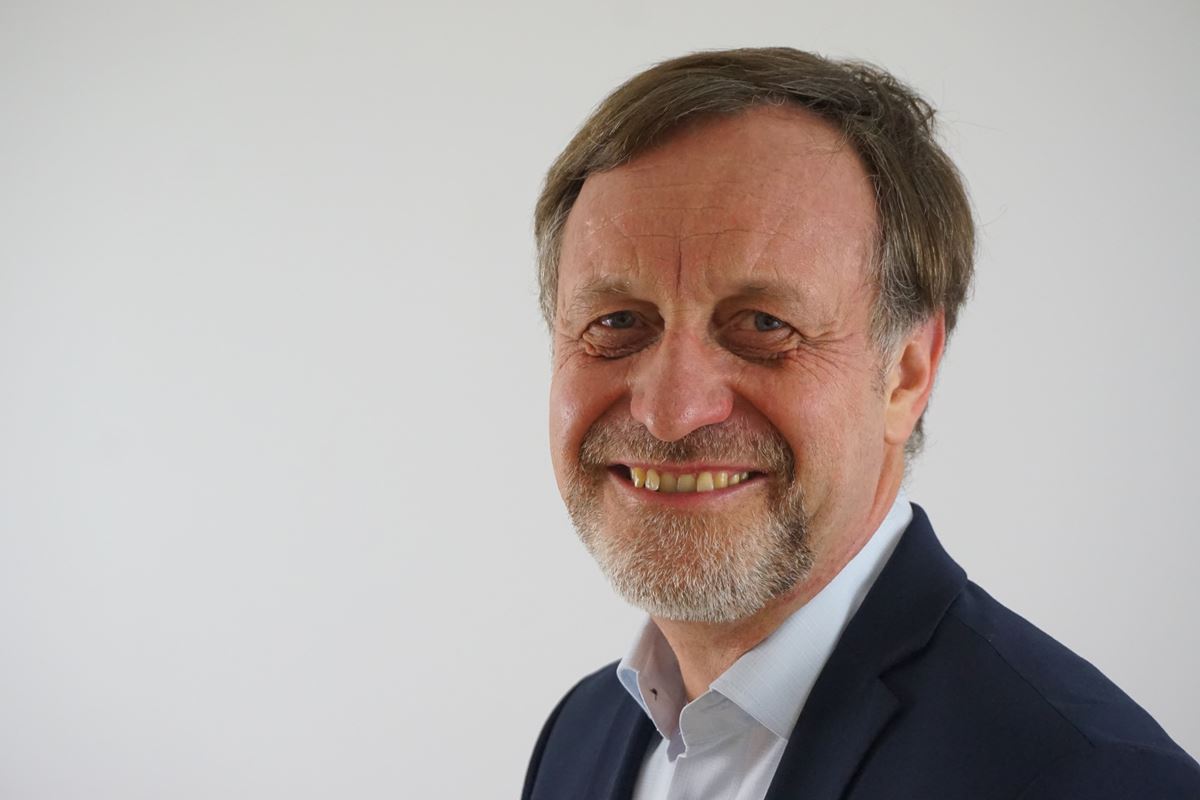 Bis 2010 war Prof. Dr. Lutz Heuser Forschungschef von SAP und kümmerte sich intensiv um Themen rund um das
Bis 2010 war Prof. Dr. Lutz Heuser Forschungschef von SAP und kümmerte sich intensiv um Themen rund um das 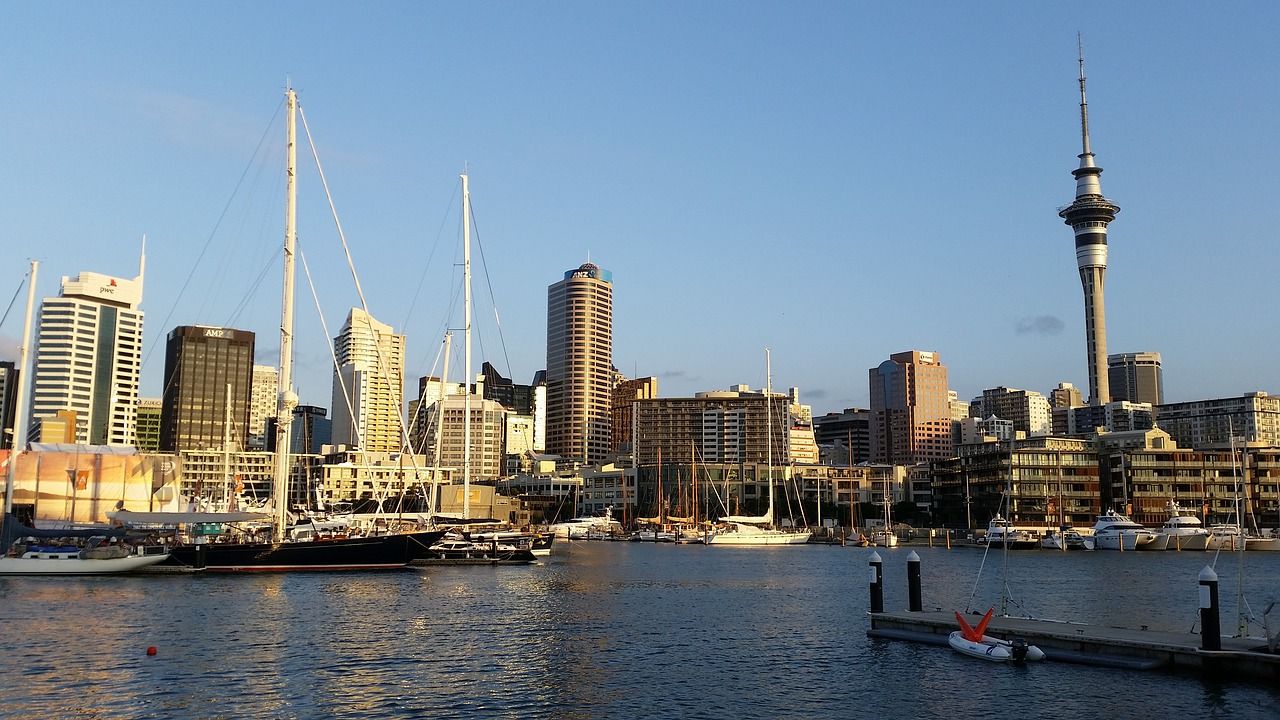
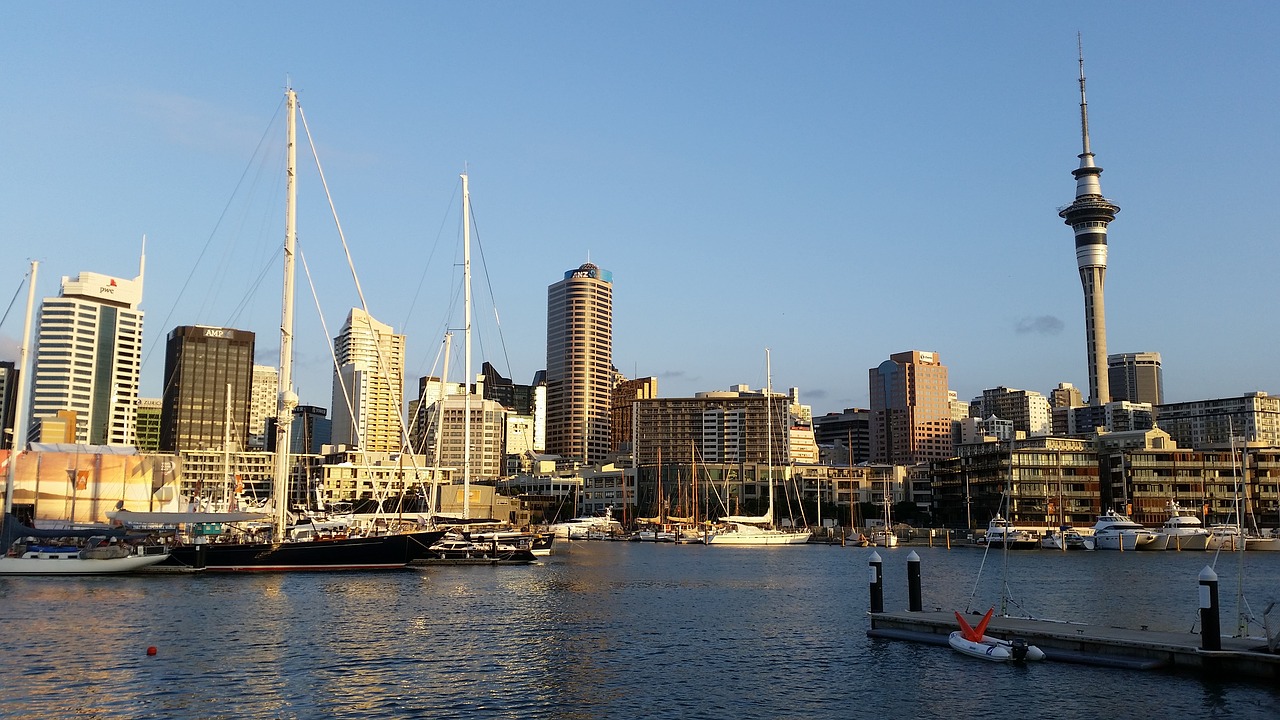 Smart Cities Council Australia New Zealand (SCCANZ) today announced that leading edge smart cities advisory and data platform firm [ui!] the urban institute has joined the Council as Associate Partner, signaling its move to more comprehensively support the sustainable growth of cities across the region.
Smart Cities Council Australia New Zealand (SCCANZ) today announced that leading edge smart cities advisory and data platform firm [ui!] the urban institute has joined the Council as Associate Partner, signaling its move to more comprehensively support the sustainable growth of cities across the region.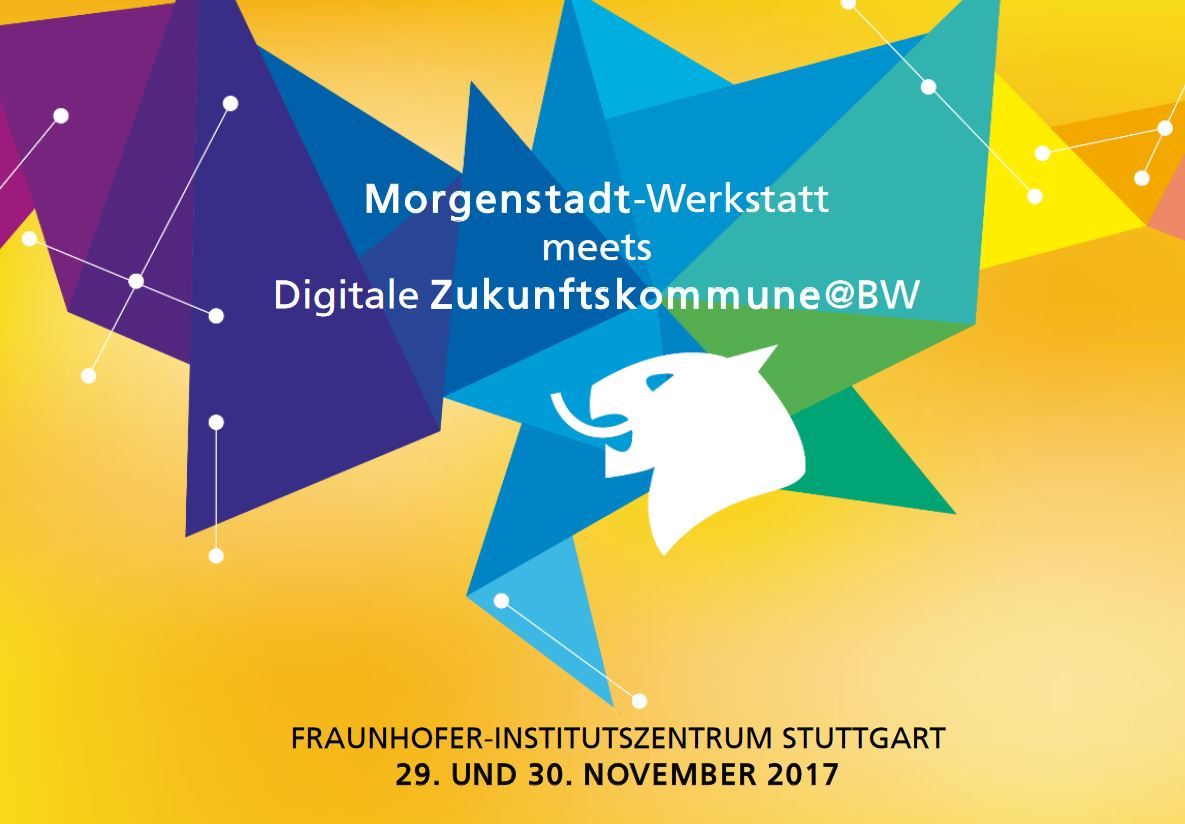
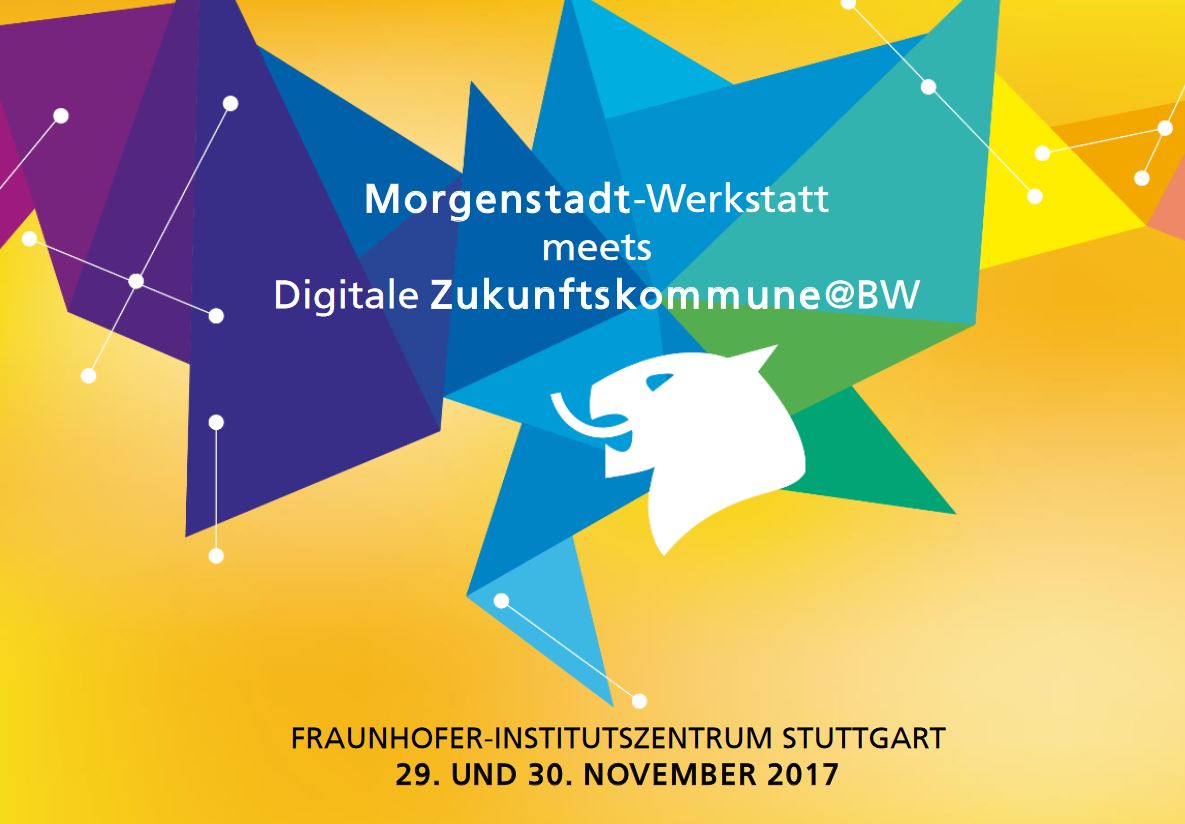
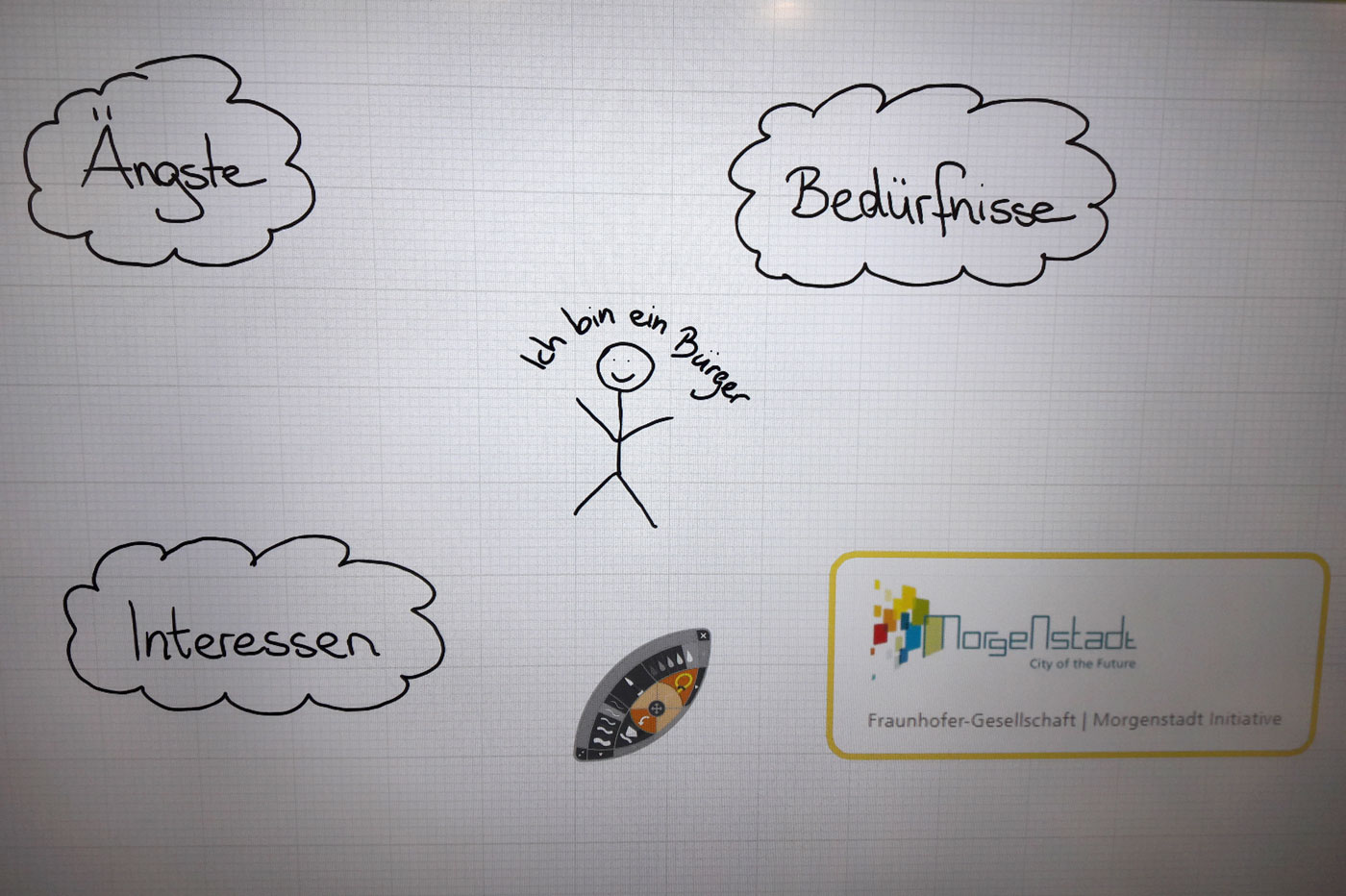
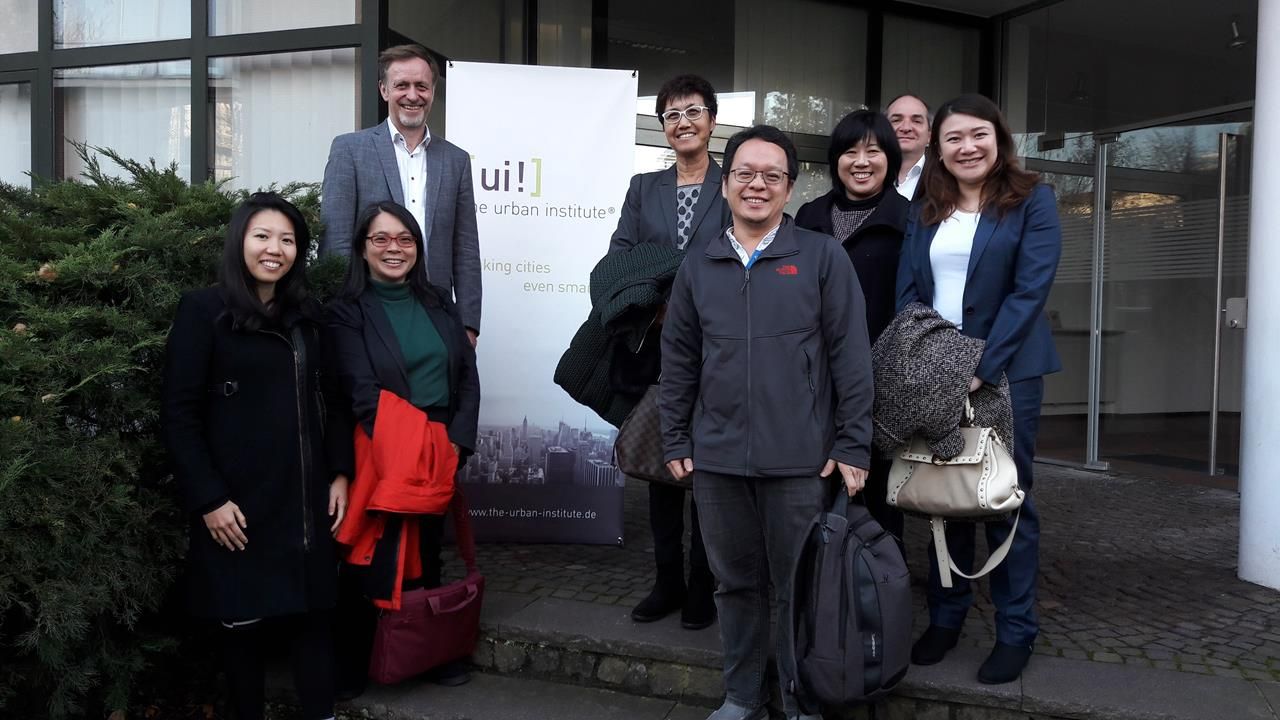
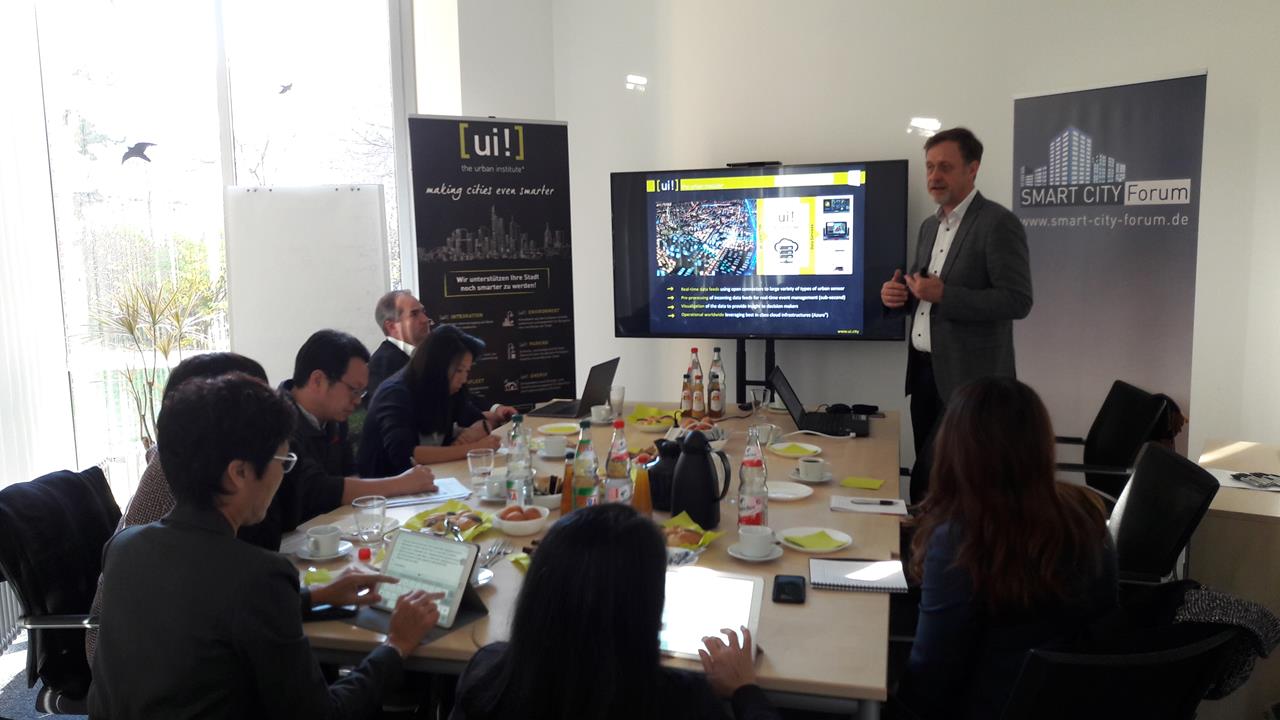
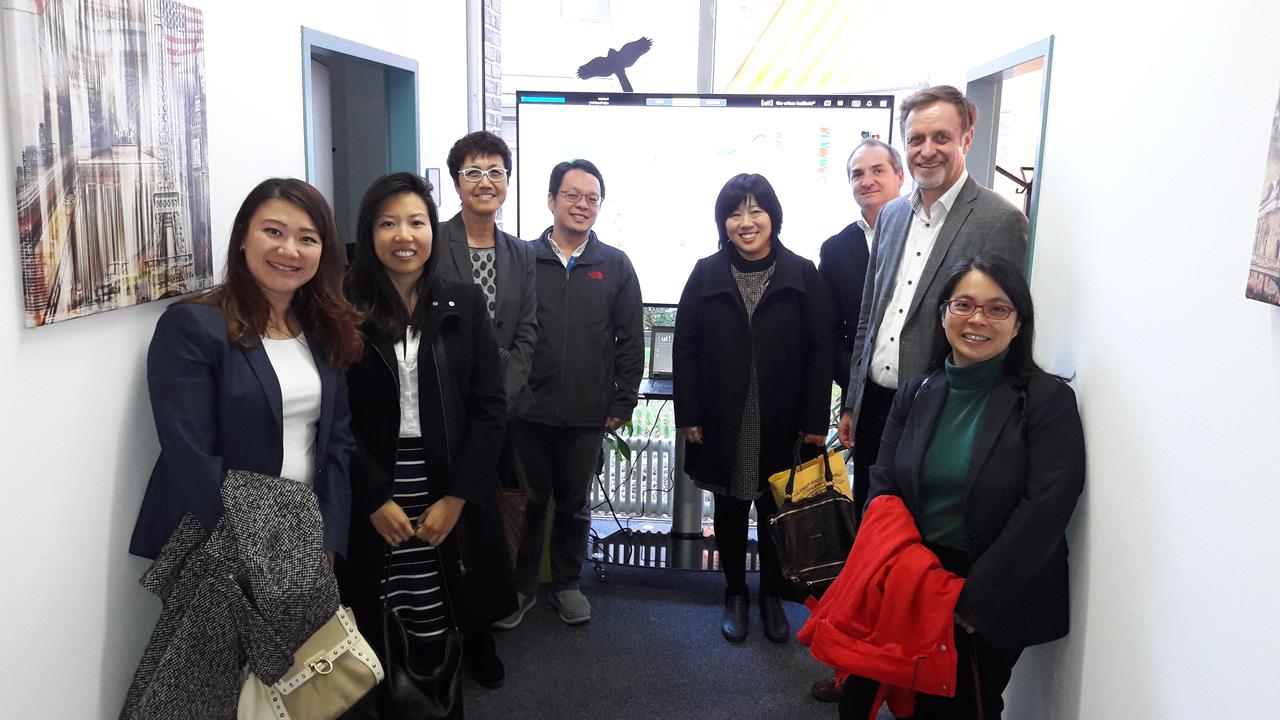
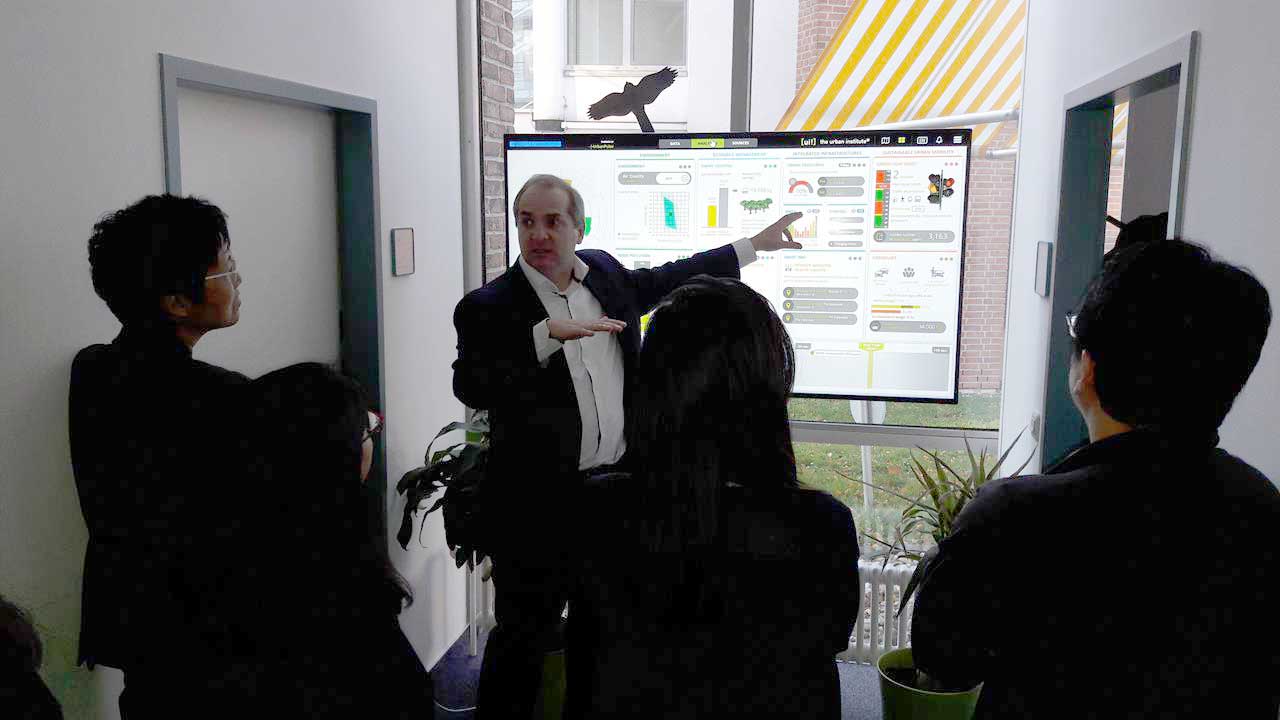
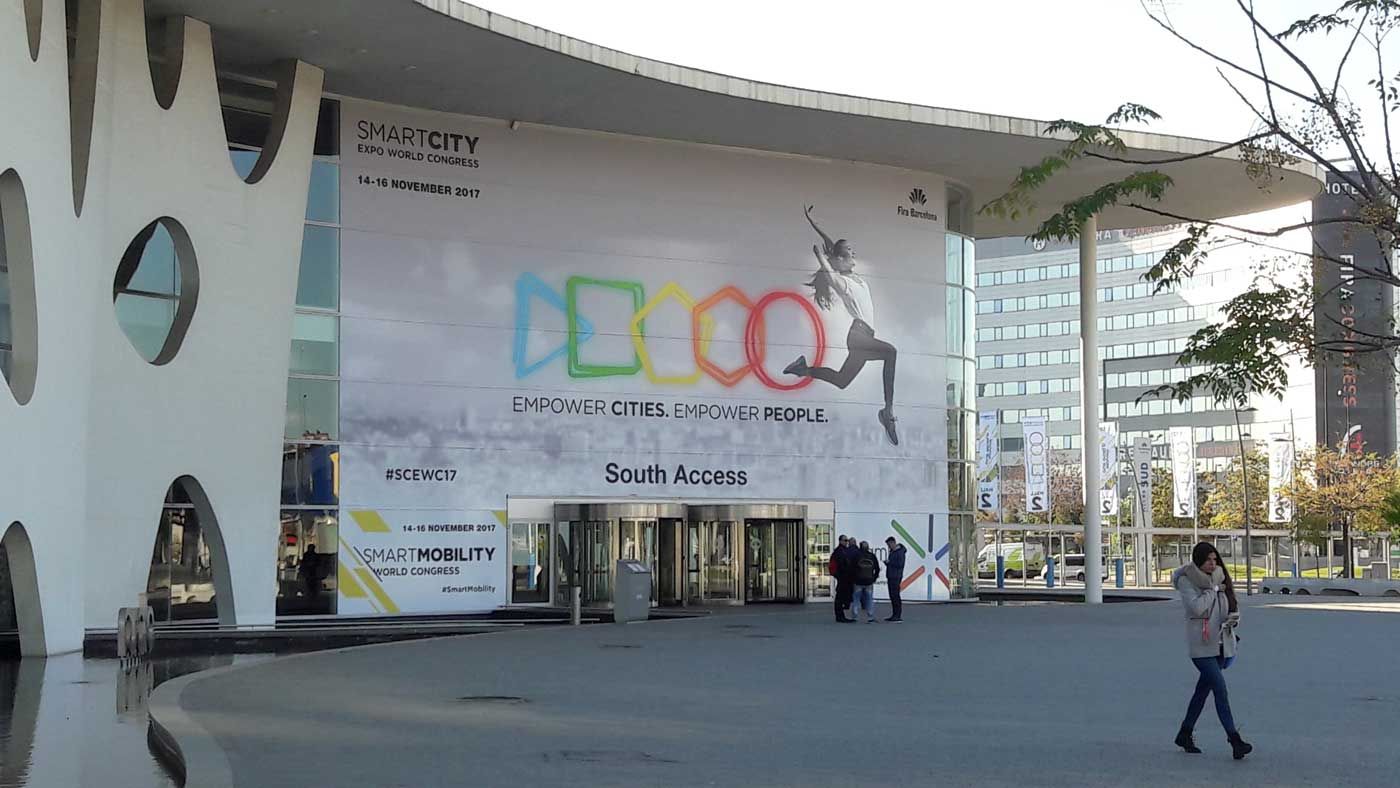
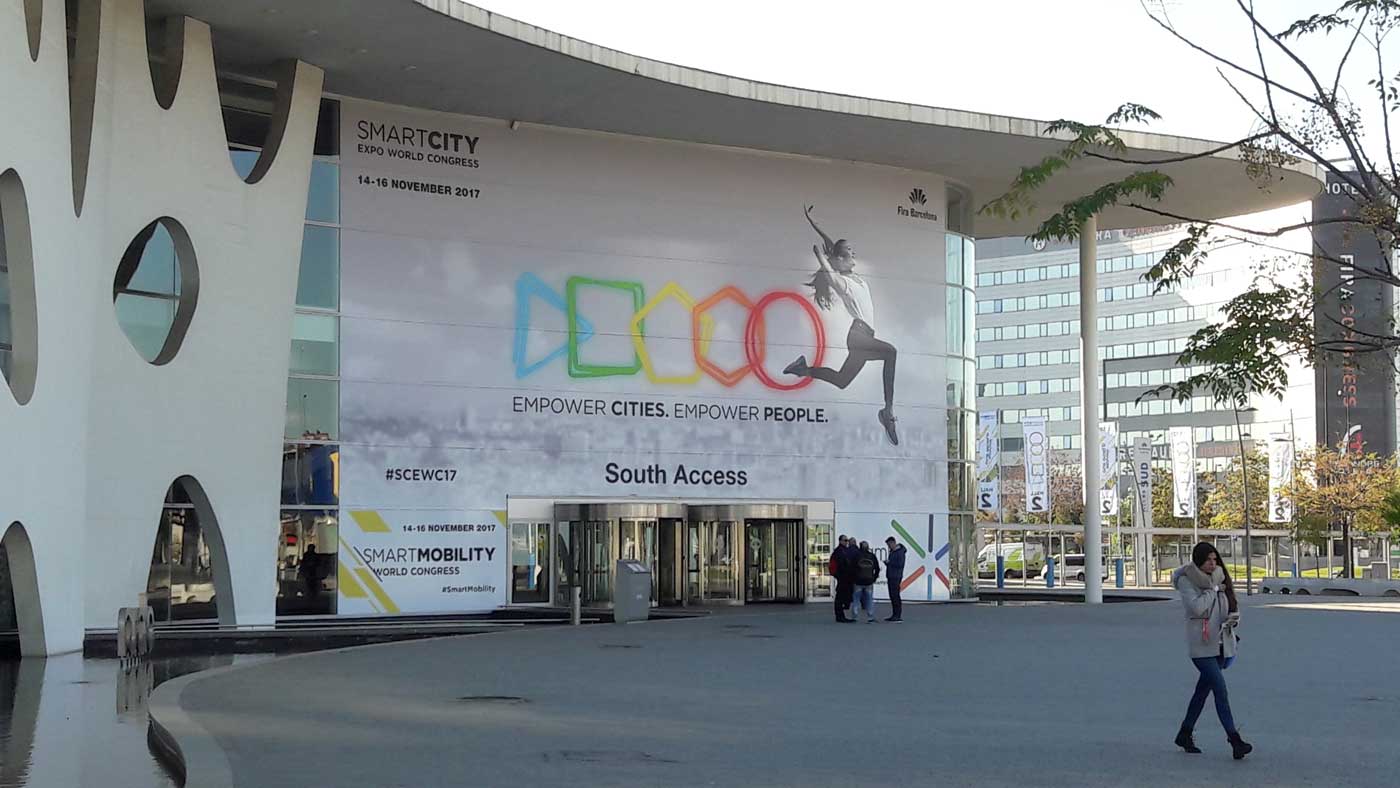
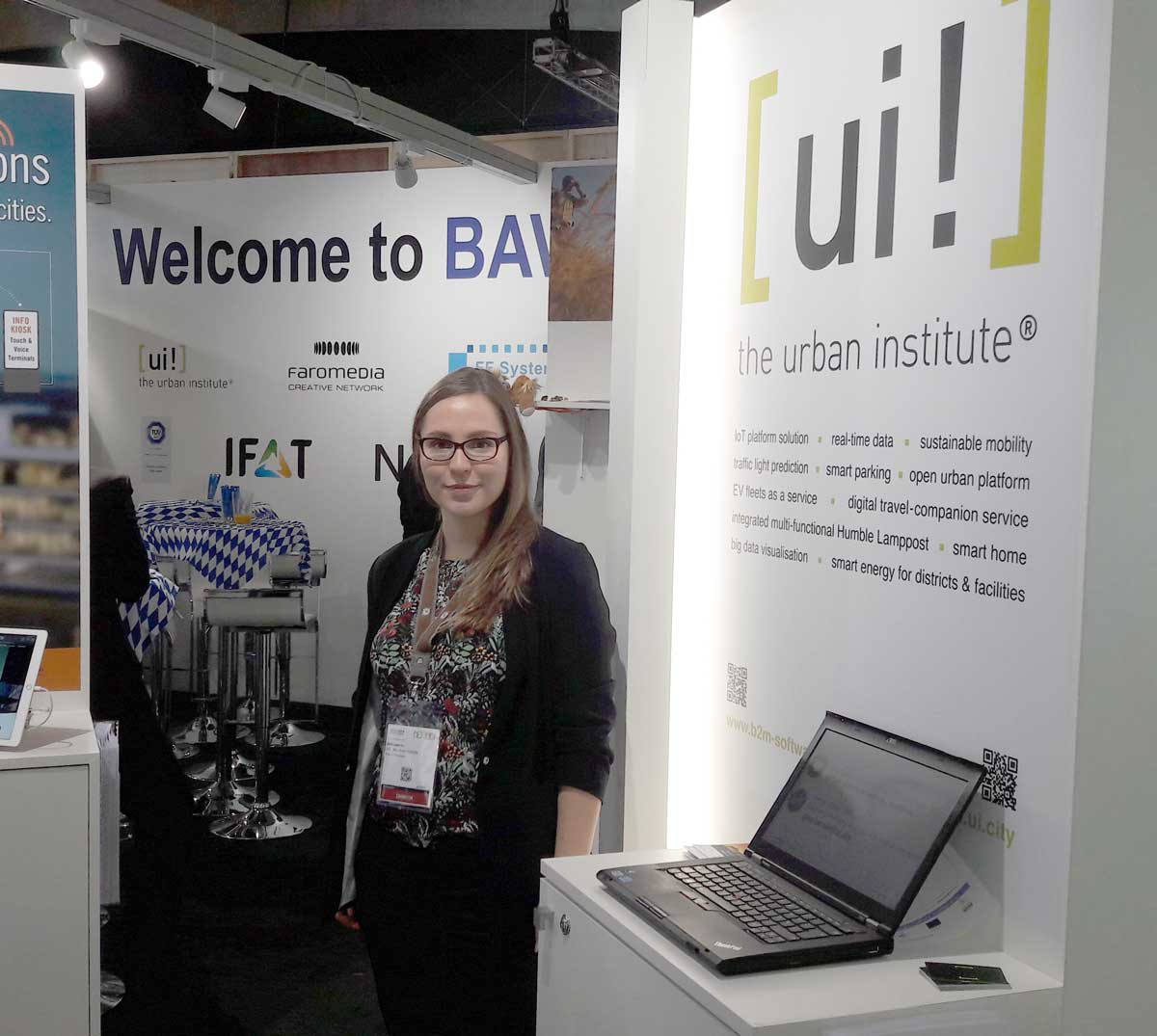 At the beginning of SMART CITY Expo, with its accompanying World Congress, [ui!] is presenting its solution to an international audience in Barcelona.
At the beginning of SMART CITY Expo, with its accompanying World Congress, [ui!] is presenting its solution to an international audience in Barcelona.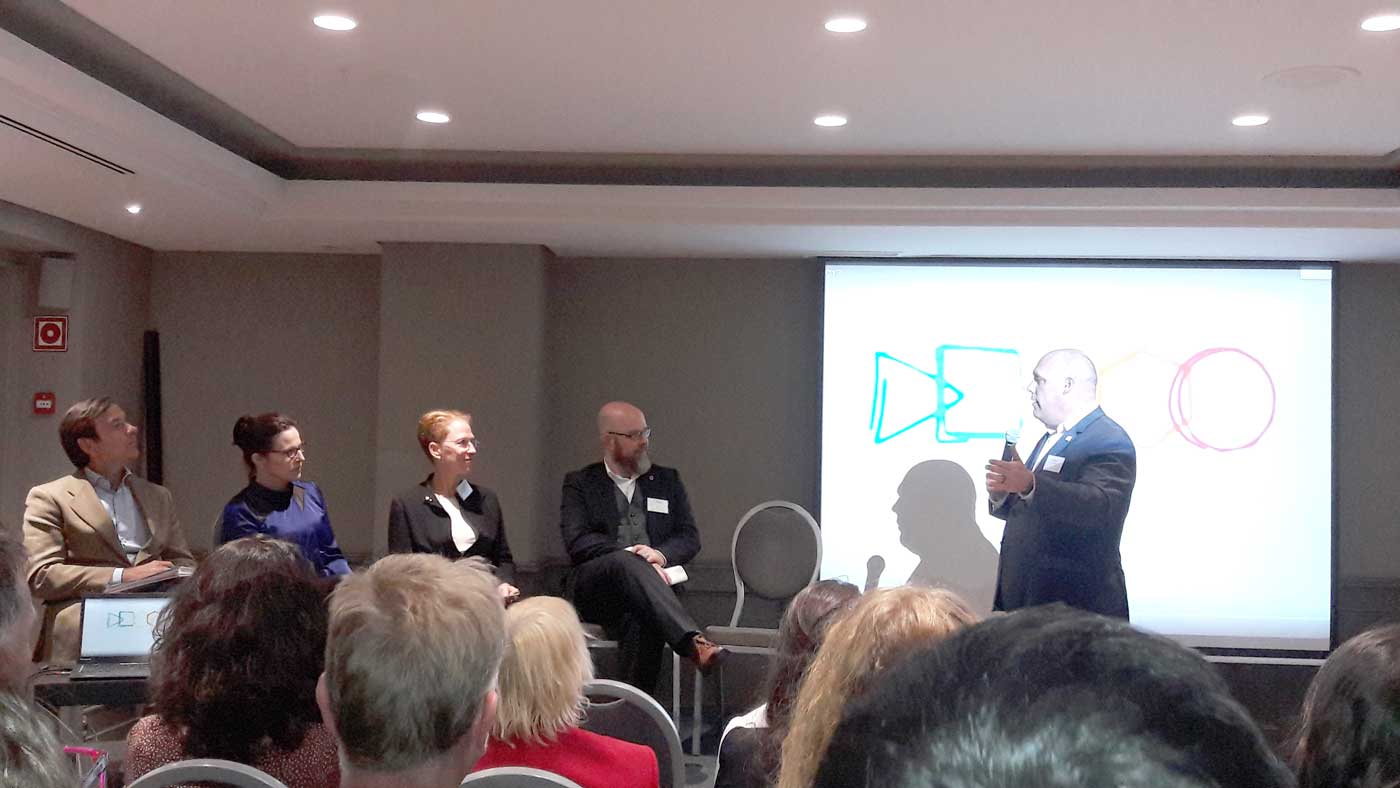
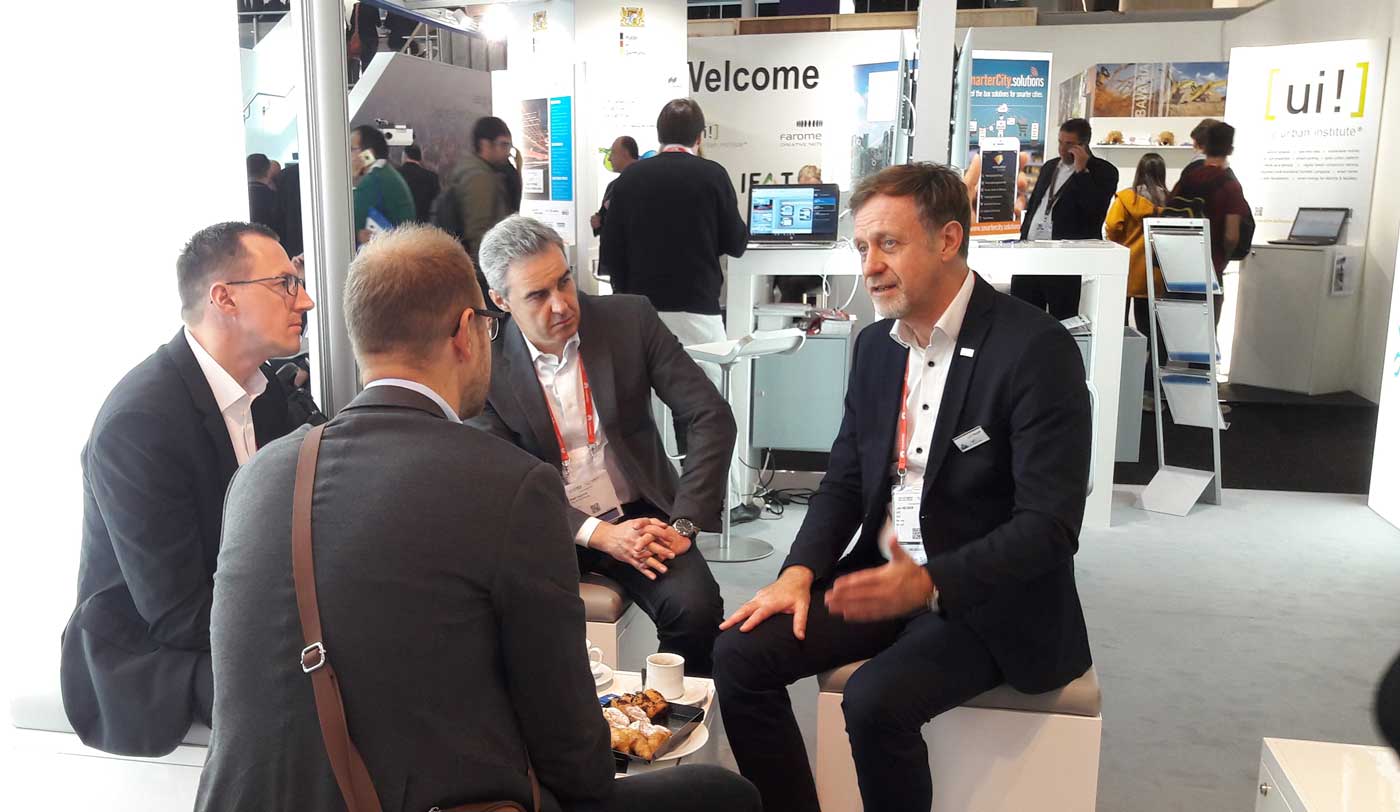
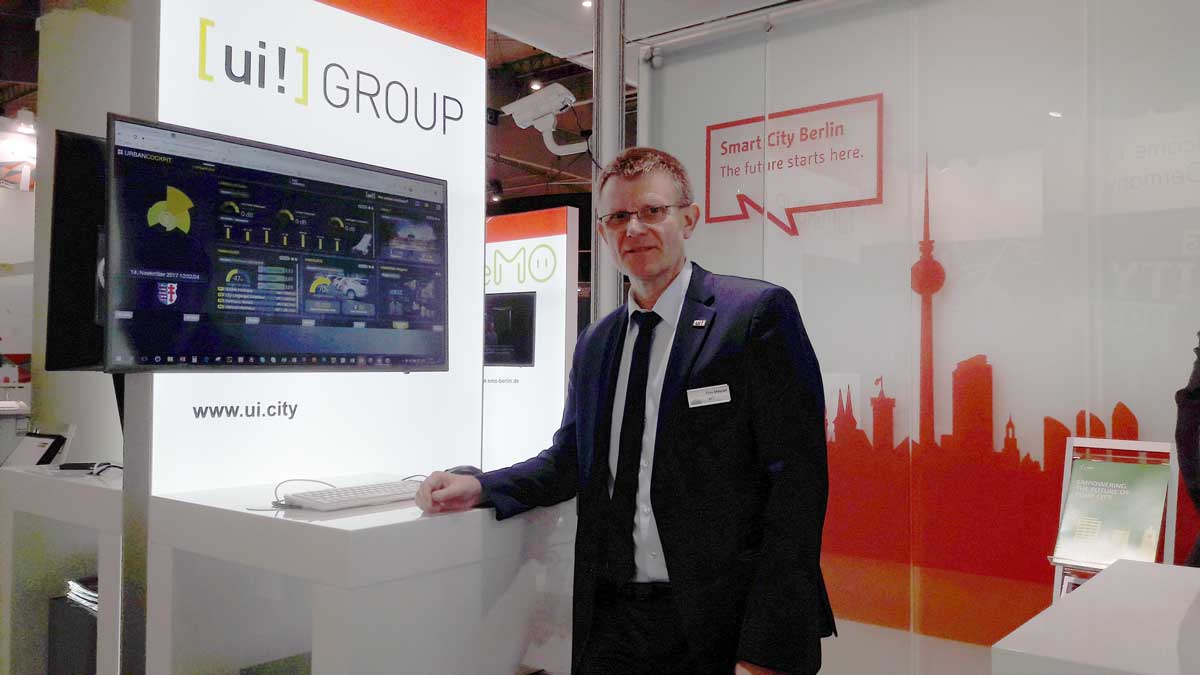 In conclusion SMART CITY Expo demonstrates how different urban sectors - from environment to traffic and enegery - create synergies and proof-of-concept projects gain a wider reach.
In conclusion SMART CITY Expo demonstrates how different urban sectors - from environment to traffic and enegery - create synergies and proof-of-concept projects gain a wider reach.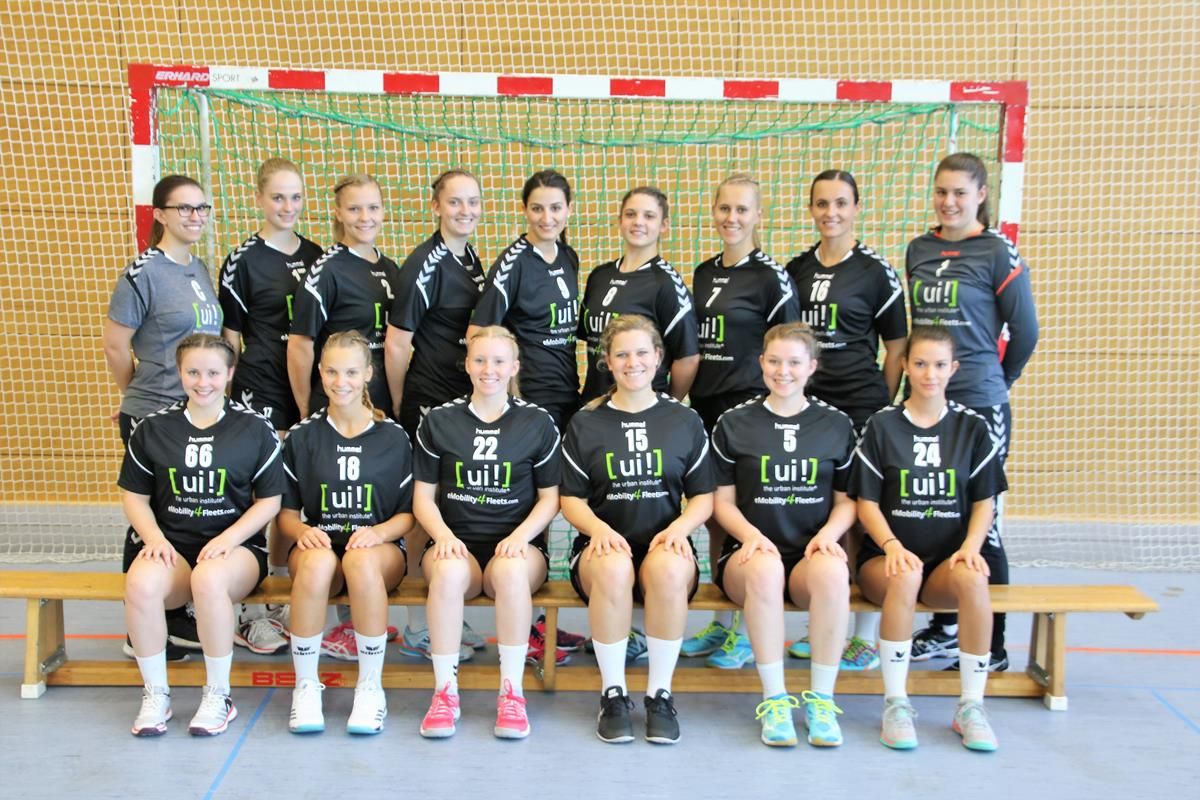
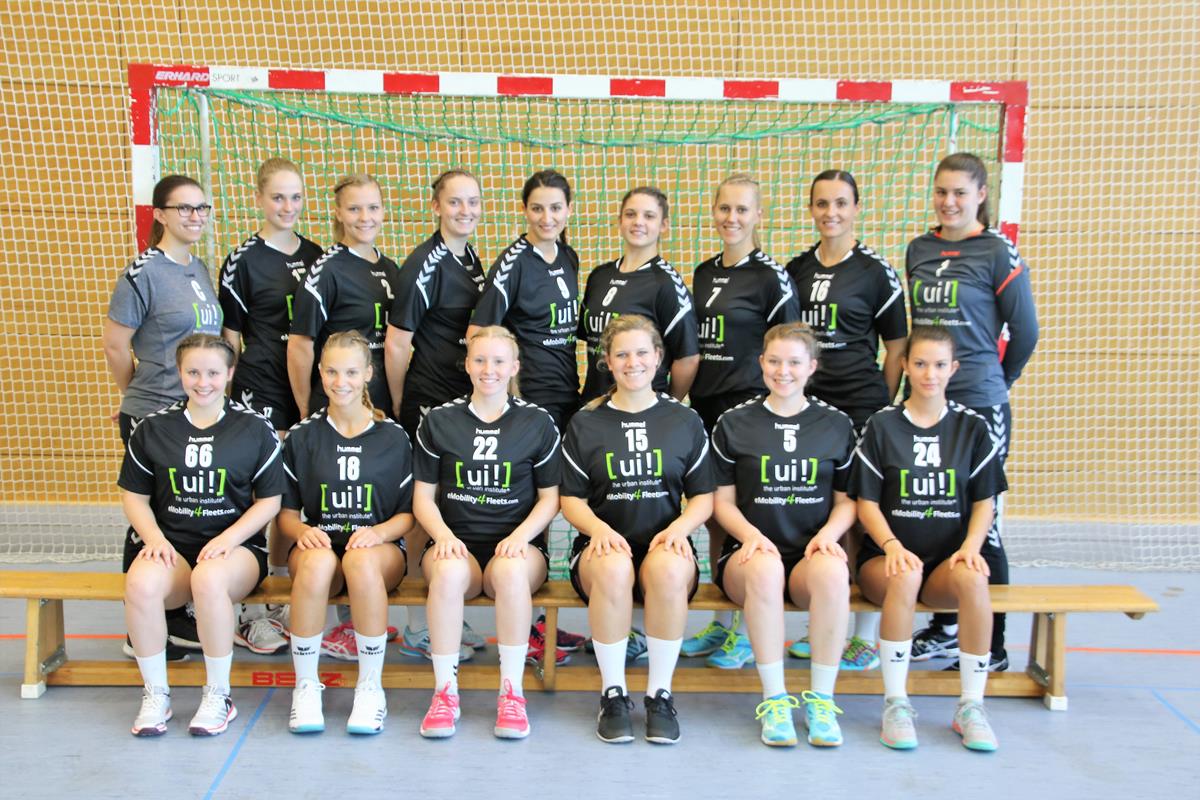
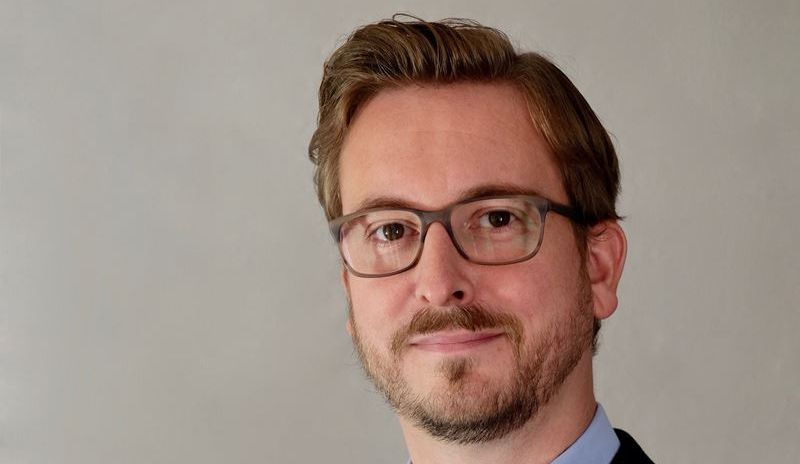
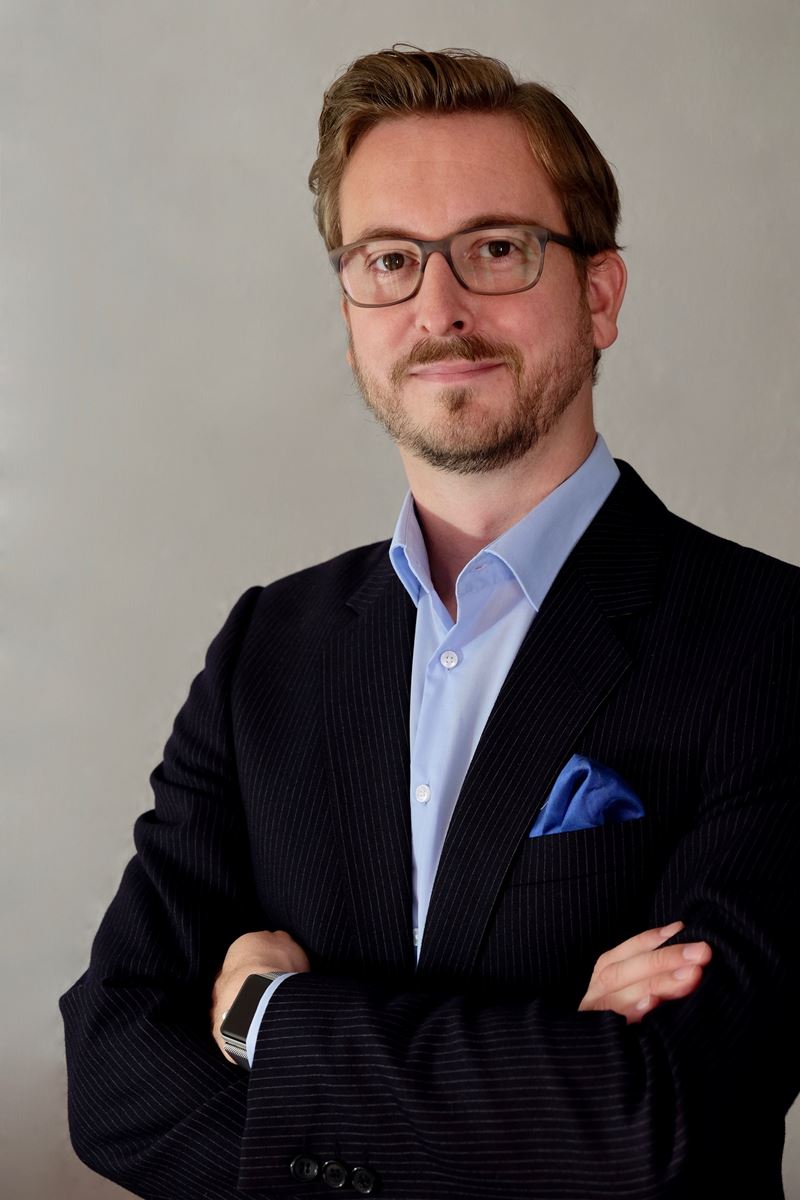 Mit Wirkung zum 01.11.2017 übernimmt Bernhard Kempen die Geschäftsführung der B2M Software GmbH.
Mit Wirkung zum 01.11.2017 übernimmt Bernhard Kempen die Geschäftsführung der B2M Software GmbH.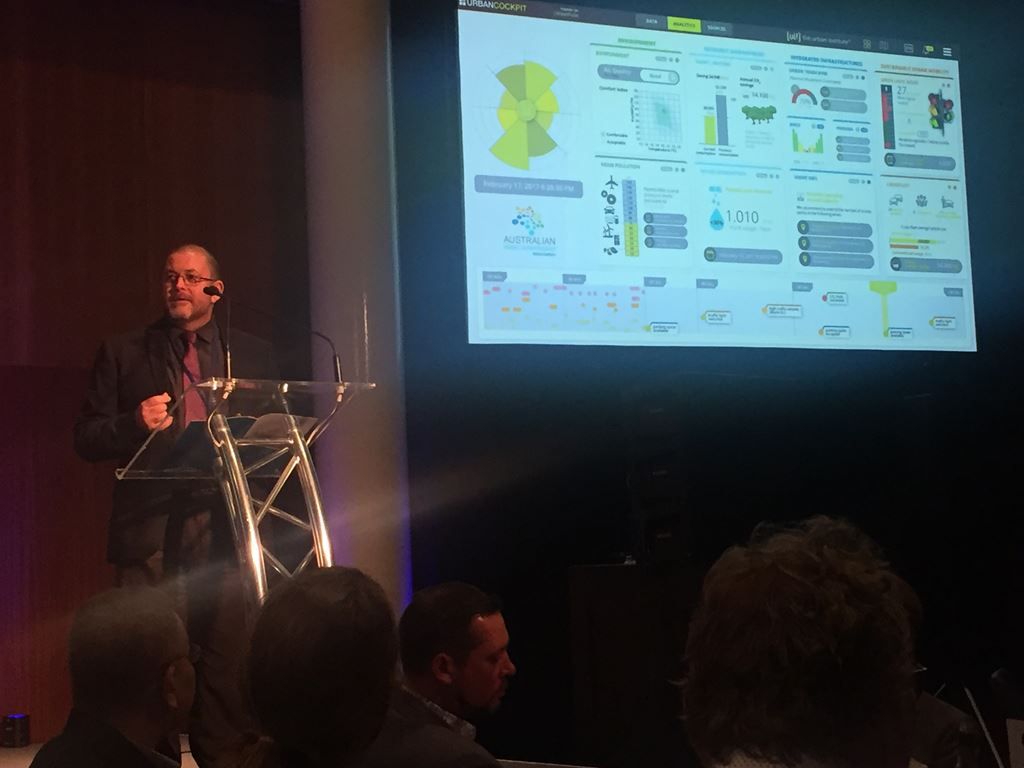
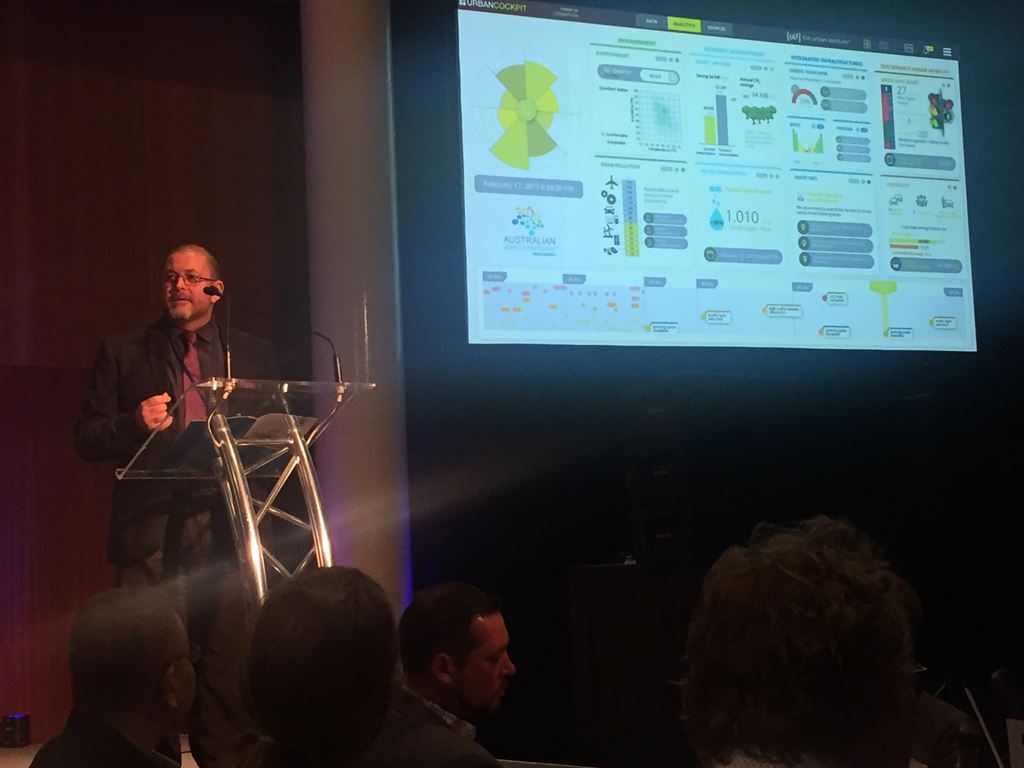 The Australian Smart Communities Association (ASCA) has paid tribute to retiring President Michael Whereat who has served on the Board since the organisation’s inception in 2010.
The Australian Smart Communities Association (ASCA) has paid tribute to retiring President Michael Whereat who has served on the Board since the organisation’s inception in 2010.